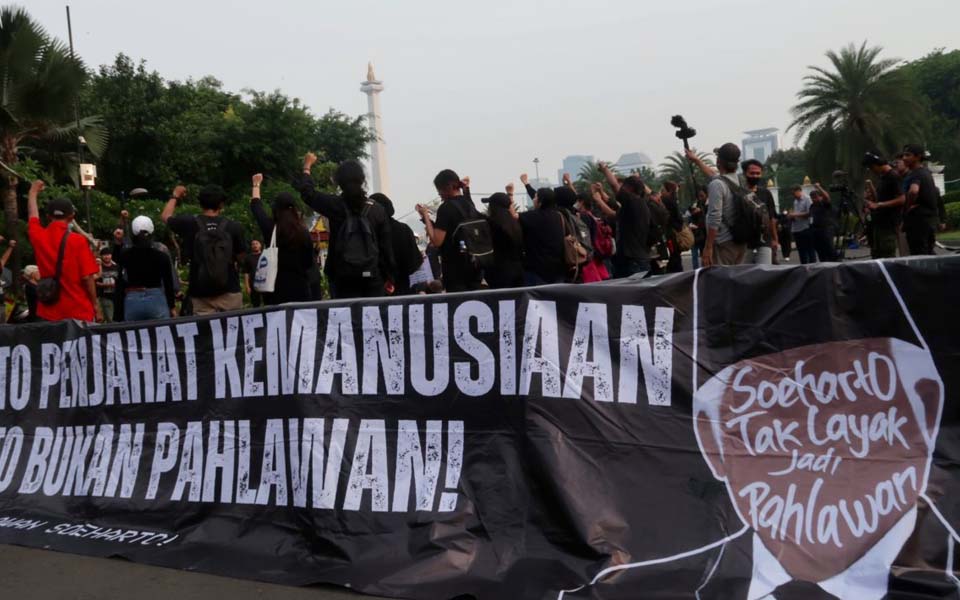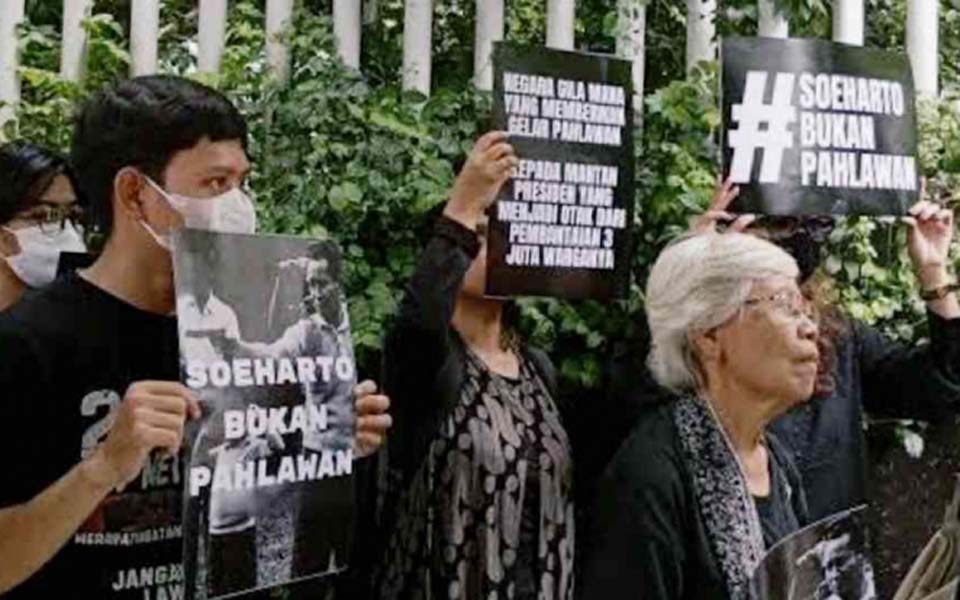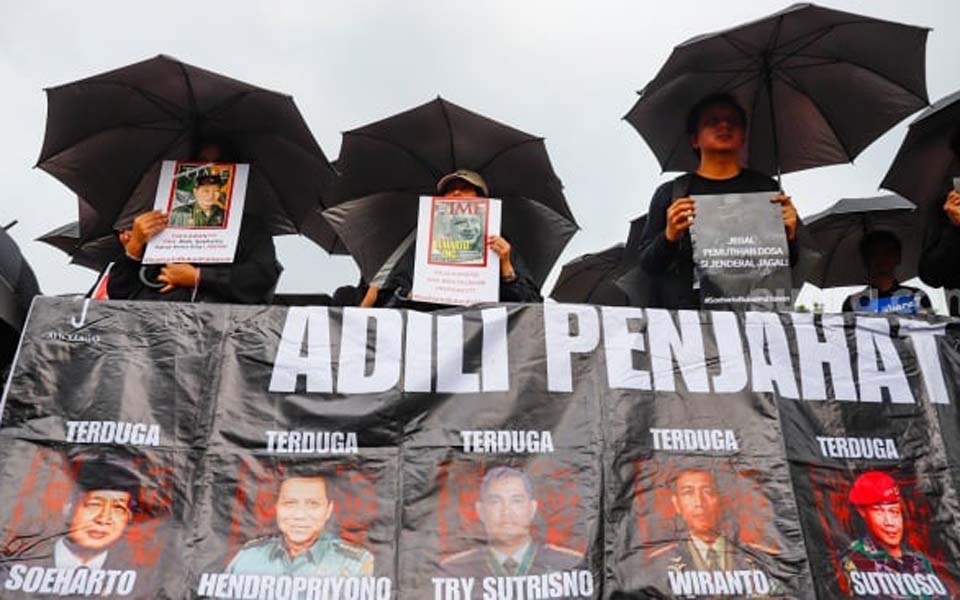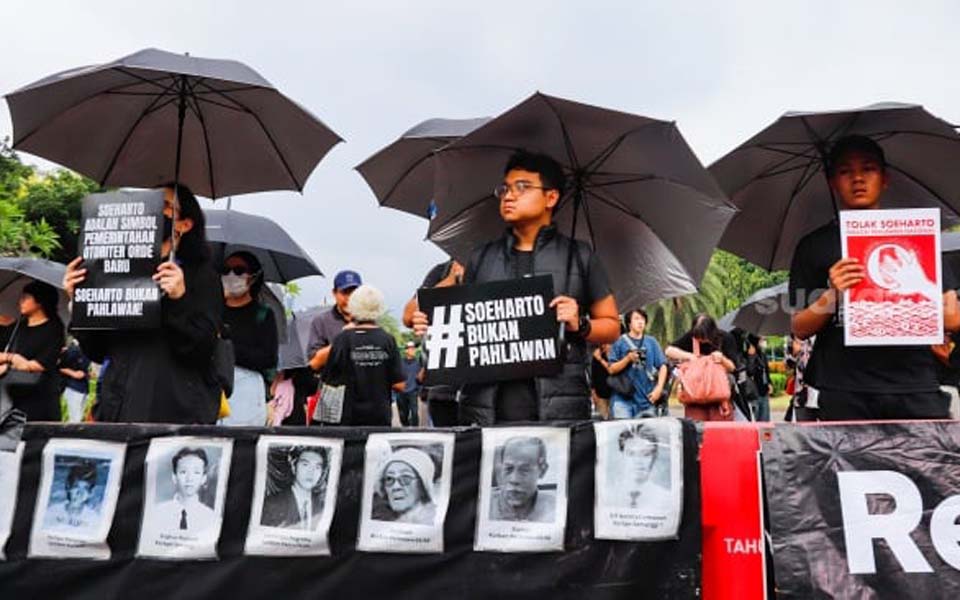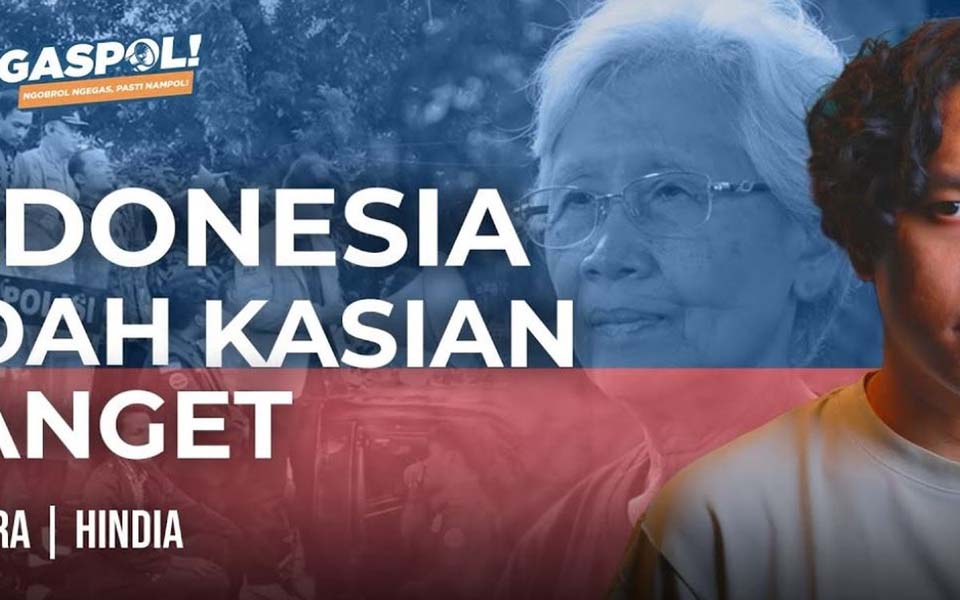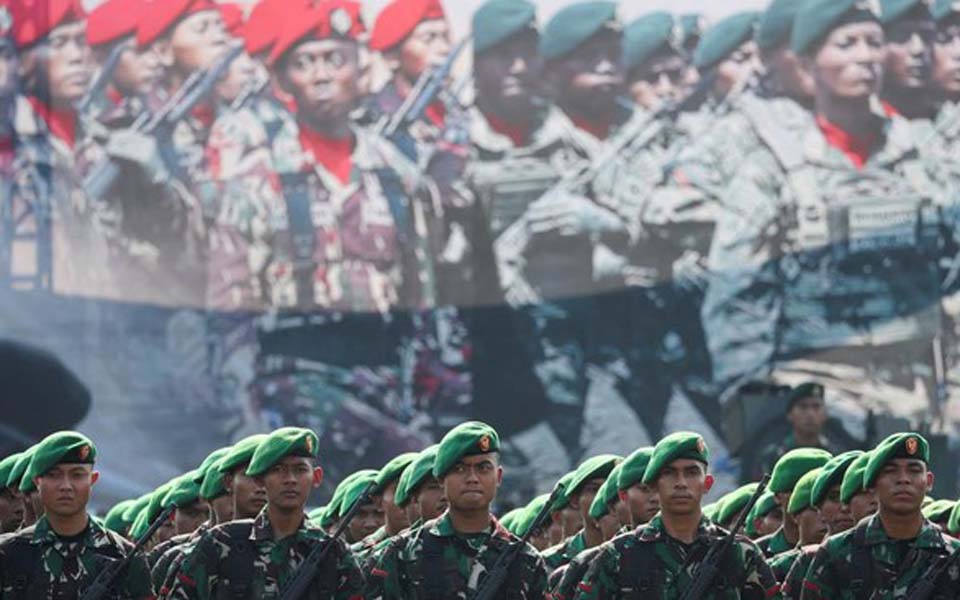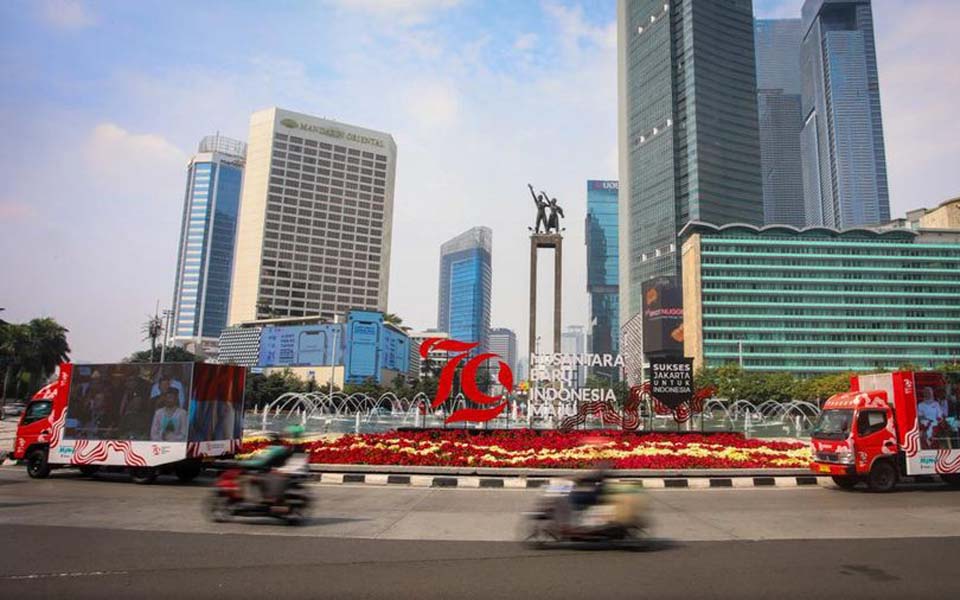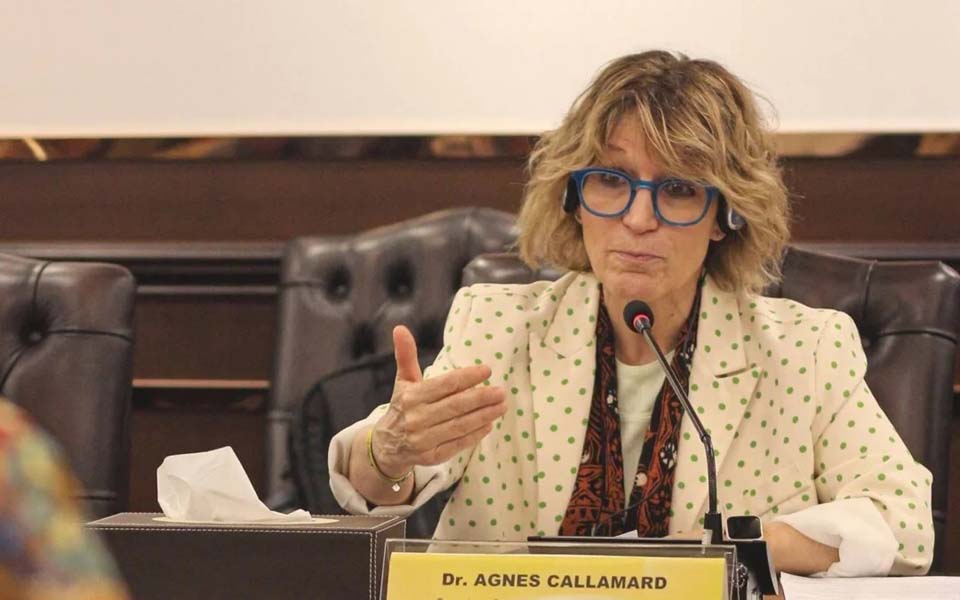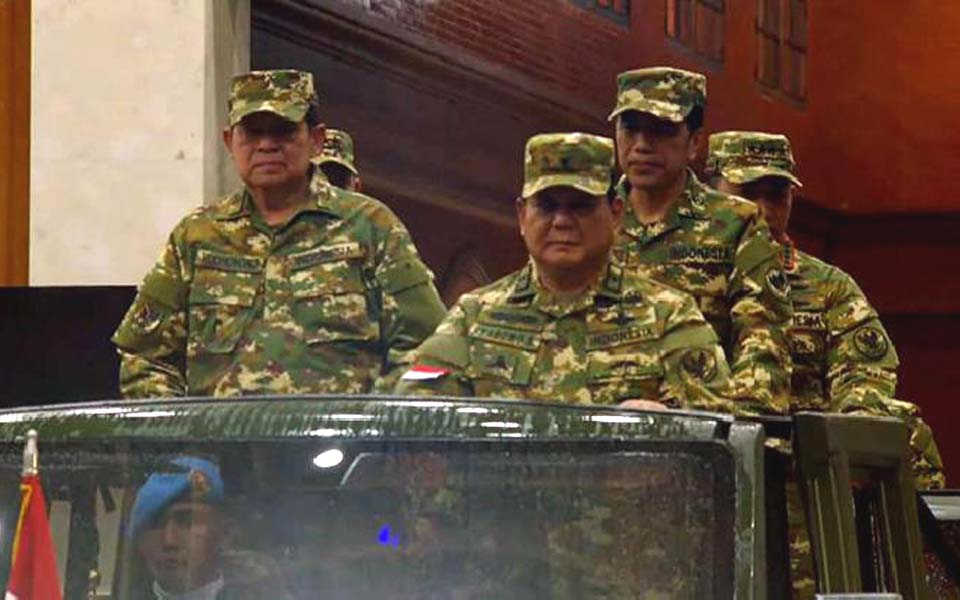Although during his 2009 election campaign President Susilo Bambang Yudhoyono pledged to uphold human rights, the reality over the two years of his administration indicates a different reality. Human rights violations continue to occur and are disregard by the state.
Bi Purwantari – Yudhoyono’s campaign promises covered guarantees of freedom and human rights, justice without discrimination, non-discriminatory politics and protecting women and children (Institute for Human Rights Studies and Advocacy, Elsham 2010). Instead of this, what has transpired is a continuing gloomy reality in the field of human rights.
More than three quarters of respondents in a survey organised by Kompas Research & Development in 12 major Indonesian cities on December 7-9, 2011 stated that they are dissatisfied with the human rights situation under the Yudhoyono administration. This negative rating covers an assessment of civil, political, economic, social and cultural rights.
In relation to civil and political rights, respondents primarily focused on state policy in guaranteeing citizens’ rights to gain equal treatment before the law, obtain a sense of security, and freedom of expression and protest.
On the question of freedom of expression or protest, half of respondents said that their rights are not guaranteed. A larger proportion of respondents (74.6 percent) moreover said they do not have a sense of security from acts of violence committed either by the state or fellow citizens.
Furthermore, 81.3 percent of respondents stated that they are dissatisfied with the state’s efforts to guaranteed citizens’ rights as subjects under the law. This lack of a equality in the eyes of the law demonstrates an ironic situation, particularly because President Yudhoyono often states that Indonesia is a constitutional state so the law should be upheld without discrimination.
Past violations
Advancements in the upholding of civil and political rights can also be assessed in terms of how a regime resolves cases of past human rights violations. According to almost 90 percent of respondents, the Yudhoyono administration has failed to deal with cases of past human rights violations. There have been almost no meaningful advances in the case of the 13 activists abducted in 1998, the shooting of students at the Trisakti campus and Semanggi in 1998 along with other cases of violence that have claimed lives in other parts of the country such as Papua.
Data collected by the Setara Institute for Democracy and Peace shows that the violence committed in Wasior in 2011 and Wimena (West Papua) in 2003 has yet to be fully investigated. Ongoing cases of violence occurring in the operational area of the PT Freeport Indonesia mine in West Papua also add to the public’s pessimism about the Yudhoyono administration’s protection of the Papuan people’s right to life.
The neglect of past cases of human rights violations can be categorised as a state crime that will continue until there is information on or an acknowledgement of the fate and whereabouts of the victims.
Economic and social rights
Similar to the situation with regard to civil and political rights, economic, social and cultural rights represent basic rights that the state is obliged to fulfill in order to ensure that the dignity and welfare of citizens are protected. Included in this is the right to employment, a place to live and a reasonable education. In the public’s eyes, the fulfillment of these rights by the state is still far from their expectations.
In the case of the right to employment for example, more than two thirds of respondents stated that their right to obtain reasonable employment is not yet protected by the state. The legalisation of contract labour systems or outsourcing is evidence that workers’ rights remain unprotected. The plain fact is that 87.3 percent of respondents in this survey stated that the state does not protect workers from contract labour systems and does not provide a guarantee of adequate welfare.
Even more saddening is the death sentences handed down against Indonesian migrant workers in Saudi Arabia and Malaysia. Migrant Care data shows that as of October 2011 twenty-six migrant workers have been sentenced to death in Saudi Arabia. Other than glorifying migrant workers as “foreign exchange heroes”, the state continues to disregard their protection overseas. It is this issue that generated a negative assessment by 92.2 percent of respondents in this survey with regard to the Yudhoyono administration’s performance in protecting migrant workers.
In many cases, the resolution of human rights violations relies on the existence of state institutions, such as the National Human Rights Commission (Komnas HAM). The principal task of this institution, which was formed in 1993, is to investigate cases of human rights violations, and it has become an institution that is relied upon to uncover these violations. The institution’s limited authority however has resulted in Komnas HAM’s investigations often ending up as just recommendations on paper. Cases of human rights violations uncovered by Komnas HAM are also unable to be taken before the courts. As a consequence, the right of victims to obtain justice has not been realised.
It is in this context that the public believes that institutions such as Komnas HAM have been unable to resolve cases of human rights violations. More than half of respondents stated that they are dissatisfied with Komnas HAM’s performance in this regard. Apparently the public will still have to fight in order to win their basic rights. (Litbang Kompas)
[Jajak Pendapat: Menagih Janji Jaminan HAM – Kompas. Rabu, 14 Desember 2011. Translated by James Balowski.]






